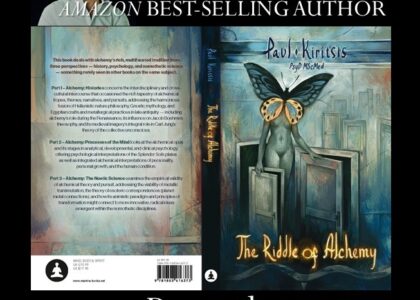
The two hour slots reserved for lunch and dinner at the Mesa World Retreat were accompanied by loud music. The tracks were completely random, encompassing everything from classical, jazz, heavy metal, and blues to pop, rock, rap, and R&B. As we know, the gamut of our emotional states are directly affected by the intense resonance of musical compositions. This particular phenomenon, that is, the propensity of music to deliberately arouse or manipulate inner mental processes and hence our moods, aimed to highlight the erroneous perception that we are always in control of our psychic functions. In fact, if truth be told, our consciousness likes to perambulate about a negative heart-centre, a powerful locus of impatience, irritability, and vexation. And, lamentably, our customary semi-hypnotic state renders us incapable of perceiving it.
Eating to music was proved to be an intensely interesting experience. There wasn’t really any moment when an emotion, negative or positive in nature, wasn’t stirring within the recesses of my being. Sometimes the musical piece was fast, furious, and tribal, evoking excitement and euphoria. At other times it was slow narrative balladry, plucking at the darker psychic strings of wistful longing. At other times still it was heavier than a cannonball, scraping its aural claws against my sanctuary walls. There was an instant pull and liking to some pieces, whilst others made me want to quash our innocent originator of objective noises. My mind-space became saturated with melancholia, solemnity, cheerfulness, contentedness, irritation, and anger, depending of course on the nature of the composition. Interestingly, I was more receptive and acquiescent to snippets of music that either matched or closely mimicked my emotional state than ones conjuring sentiments on the opposite end of the spectrum.
This observation seems to comply pretty well with the psychological reality that we’re more receptive to inquisition by relatives, friends, acquaintances, and work colleagues when our moods are reflected or emulated. When we’re upset, we’re much more likely to open up and engage in meaningful discourse about a problem that has been nagging us for weeks on end with a work colleague who is sympathetic rather than a carefree relative wishing to cheer us up with superficial jokes about millionaires and money. Similarly, sounds that pander to our emotional state bypass our interest and are accepted unconditionally as a neutral objectivity of the phenomenal world whilst those that are of an disparate psychic charge habitually arouse an abnormally high sensitivity to external stimuli and subsequent negatively-charged reactions like anger.
For me, this negative exercise transliterated these theoretical musings into inwardly felt realities. My initial reaction to the hourly cocktail of auditory registration was to submit to the emotional rollercoaster and accept what emotions were being poured into the vessel of life. In other words to accept the feeling chameleon without as much as batting an eyelid. But at some point I came to the realization that I could just as easily choose a different orientation, that is, to just accept the feelings. As Roberto Assagioli might say, my I-consciousness or I-amness could just as easily dis-identify from the auditory incursion and choose to remain indifferent and unaffected. I did have a choicePsychosynthesis: The Technique of Auditory Evocation.)
So in the end the negative exercises illuminated the axiom that we do have choices









